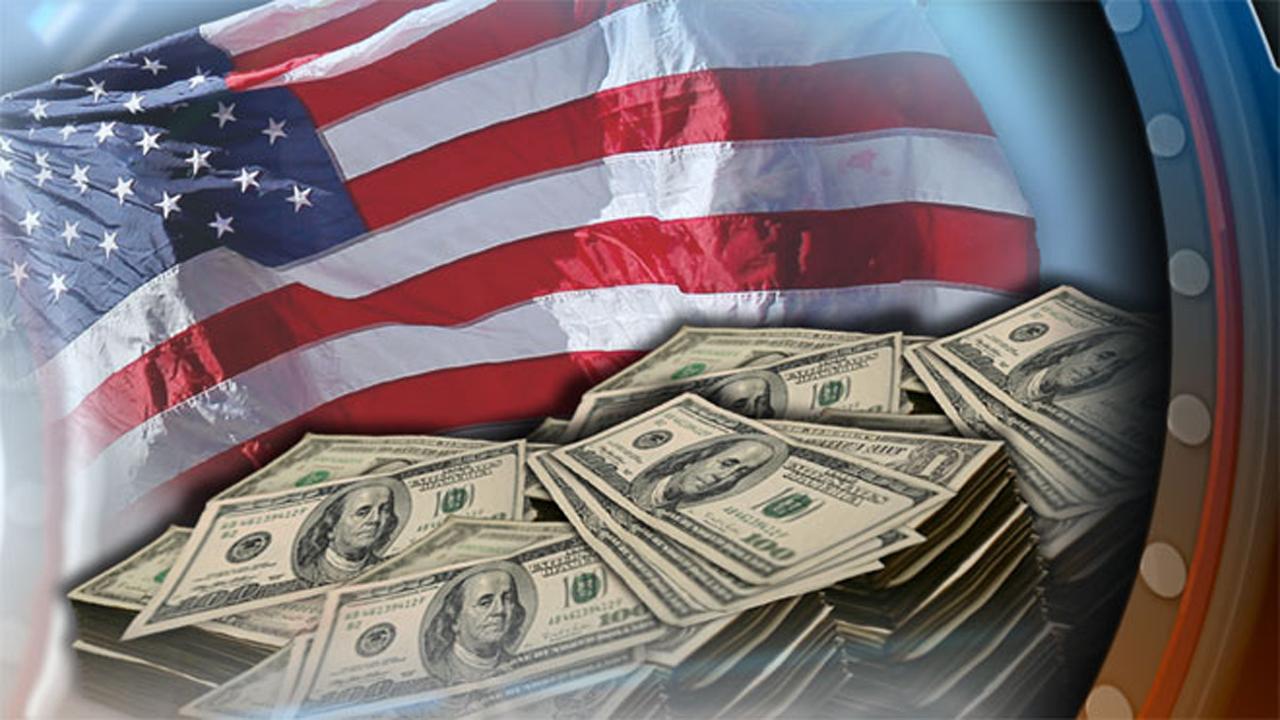$15 minimum wage would boost some workers' pay, eliminate others' jobs: CBO
As Democrats on Capitol Hill push to raise the federal minimum wage to $15 per hour, a new study shows that rate could help some workers, but also increase joblessness among millions.
According to research released by the Congressional Budget Office (CBO) on Monday, gradually raising the federal minimum wage to $15 per hour would put about 1.3 million people out of work in 2025.
“According to CBO’s median estimate, under the $15 option, 1.3 million workers who would otherwise be employed would be jobless in an average week in 2025,” researchers wrote.
The CBO says there is a “two-thirds chance” that the change in employment could range from zero to a loss of 3.7 million workers.
A $15 minimum wage in 2025 would boost wages for about 17 million people – but it would also reduce business income and raise prices for consumers, in addition to reducing the nation’s output. Overall, the CBO said the move would reduce real family income by about $9 billion in 2025 – or 0.1 percent. Those effects, however, would be felt differently depending on where families fall on the income spectrum.
Raising the minimum wage to $12 per hour by 2025 would cost about 0.3 million people who would otherwise have been employed in their positions. Real family income would be reduced by .05 percent.
And raising the hourly rate to $10 per hour by the same year is expected to essentially have no effect on jobs.
The CBO noted that its predictions are uncertain because researchers assume wages will grow at a certain level and that employment will have a degree of responsiveness to the federal minimum wage.
The current federal minimum wage is $7.25 per hour, where it has been since 2009.
Many Democrats – including those running for president in 2020 – have advocated for gradually raising the minimum wage to $15 per hour.
In January, Democrats unveiled the Raise the Wage Act, which would increase the national minimum pay rate to $15 by 2024 through scheduled annual increases. It has more than 180 co-sponsors, including support from House Speaker Nancy Pelosi, D-Calif., and Senate Minority Leader Chuck Schumer, D-N.Y.
The House could vote on the bill this month.
CLICK HERE TO GET THE FOX BUSINESS APP
Not all conservatives are opposed to bigger paychecks, however, though they typically don’t support a federal mandate.
White House economic adviser Larry Kudlow, for example, argued against having the federal government set the national minimum wage since conditions vary meaningfully among states.
“The federal government shouldn’t have jurisdiction over the states anyway in a matter like this,” Kudlow told FOX Business in November 2018. "The conditions are different in these states, the cost of living is different, the state of business is different.”




















